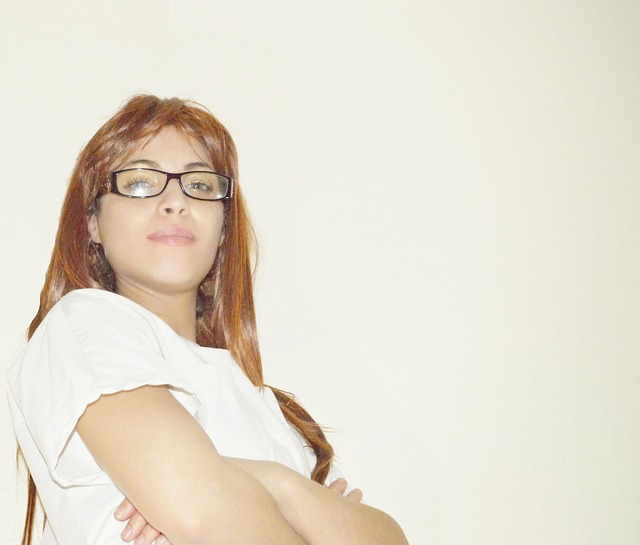
1 in 3 of your friends are caregivers, but they feel like no one understands what they’re going through.
Providing unpaid support to ill, disabled, or elderly family members has become the new normal — and it’s not just affecting the Baby Boomer generation. Millennials are stepping up and taking care of older family members. Over 1/3 of the country’s younger generations–Millennial and GenX–already identify themselves as caregivers and the numbers are expected to keep rising.
In a recent poll, 79 percent of caregivers said none of their friends understood what they’re going through. Organizations like The Caregiver Space and American Association of Caregiving Youth are helping, but millennial caregivers need as much support as they can get.
Here are 5 challenges your caregiving friends are dealing with:
1) Putting your life on hold.
Taking care of another person, whether ill, elderly, or disabled, is emotionally and physically taxing. The unpredictable nature of caregiving responsibilities means that they’re likely to interfere with your job and your friends. Your early twenties is the best time period to cement a stable career path, choose romantic partners, and preparing for major milestones like buying a house or having kids.
Young caregivers regularly find themselves putting off these crucial milestones due to demanding caregiving duties. This means young caregivers have a delayed start for their own lives. They engage in a delicate balancing act between their role as a caregiver and finding their role in society.
Moreover, seeking help finding a senior living home, assisted living facility, or in-home care services can provide relief and support for young caregivers. Prioritizing well-being and seeking assistance can help young caregivers navigate their responsibilities while still pursuing their personal and professional goals.
2) Keeping up with school work.
Many young caregivers are in high school, college, or professional training programs and have to deal with arduous tests, papers, reports, projects and homework in addition to their caregiving duties. If you’re missing class to take loved ones to the doctor or miss a deadline after being up all night in the ER it’s often up to the instructor to decide to fail you. The pressure and intensity can take a toll on young caregivers, pushing them back in their academics, and can lead to people having to drop out.
3) Social isolation.
Being a young caregiver can sometimes mean choosing between going out and making sure you’re home “just in case.” It can be hard to empathize with friends worried about trivial matters when you’re dealing with major health issues.
Even when caregivers are out, it can be hard to have fun when you’re worried. Some friends understand, others just think you’re flaky. Either way, the result is feeling isolated from your friends.
4) Crash course in adulting.
Young caregivers are navigating two worlds. They have to grow up fast and quickly learn medical terminology, manage complex finances, and find legal representation for both themselves and their loved one. Sometimes they do this with little to no guidance. The stakes are high.
5) Being constantly overwhelmed.
For some, taking a break after long hours caring for another can be anxiety inducing. It means straying away from a set plan which may be jammed packed with chores. Many caregivers feel guilty about taking time to relax when there are so many other things that need to be done. People can’t run on emergency mode all the time — and a lot of young caregivers learn this the hard way.
There aren’t a lot of people talking about what it’s like to be a young caregiver and a lot of the conversation calls them ‘heroes’ and moves on. Caregivers aren’t superhuman. Remember to reach out to your friends who are caregiving and take the time to think about how you can help ease the burden.

